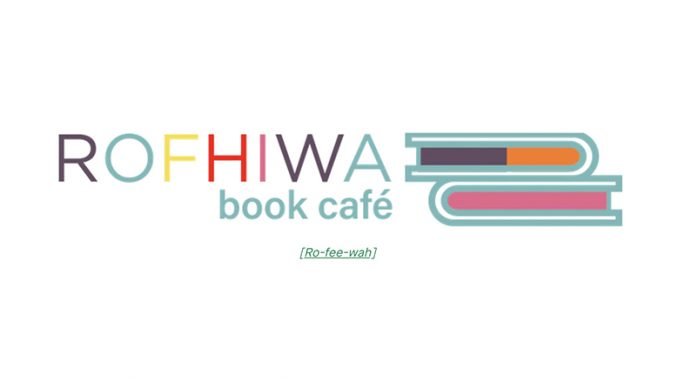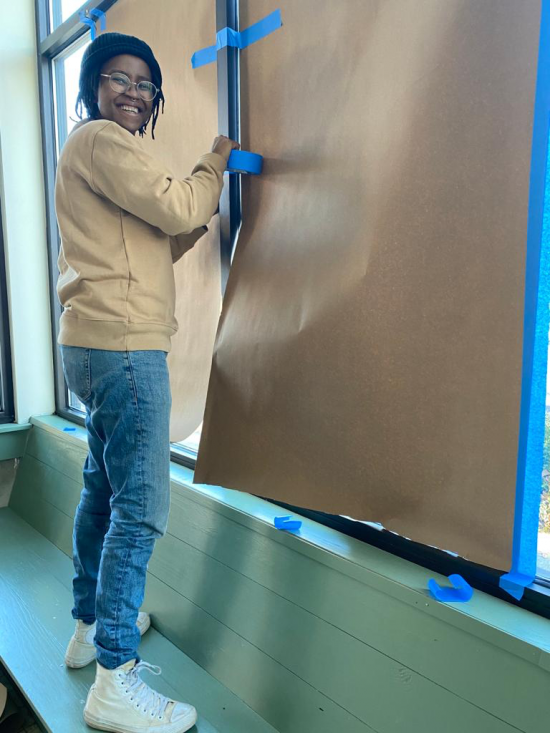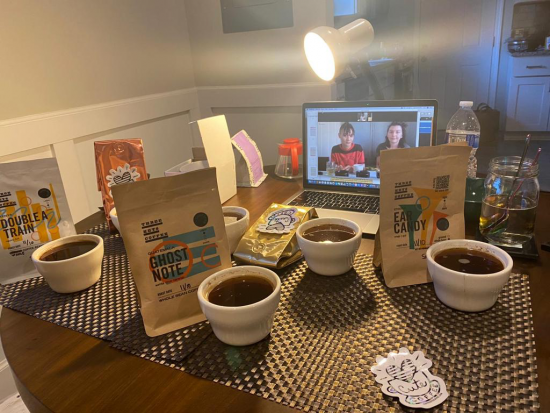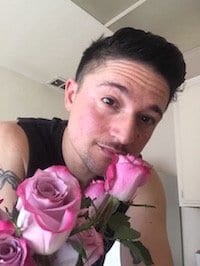
We spoke with the founders of Rofhiwa Book Café, a Black-owned business and community hub coming to East Durham, N.C.
BY MARK VAN STREEFKERK
BARISTA MAGAZINE ONLINE
Cover photo taken as a screenshot of Rofhiwa’s Kickstarter campaign
Coming soon to Old East Durham, N.C., Rofhiwa is a book café and community hub, which hosts a lovingly curated collection of Black and African literature and imagination. Rofhiwa means “we have been given” in Tshivenda, a South African language, and the business features a rotating lineup of coffee from Black roasters, with books for sale from Black and African authors all around the world, including children’s literature, too. Founders Bev Tumi Makhubele and Naledi Yaziyo have dreamed up a book café invigorated by the Black entrepreneurial spirit of East Durham.

Rofhiwa (pronounced Ro-Fee-Wah), has been years in the making. Bev, who is of Bapedi and Tsonga descent, says the idea grew from their book-collecting habit of finding rare and out-of-print books by Black authors like O.K. Matsepe. After visiting a Black-owned café in D.C., and later with the passing of their grandmother, Bev was moved to connect their book collection with the idea of a community coffee shop.
In 2018, they moved to Durham and started looking for a location to house their vision. When they met Naledi, a grad student of Xhosa descent (Nelson Mandela’s linguistic group), in the Ph.D. program in Cultural Anthropology at Duke, the two realized they had a common understanding of the specific type of book café they wanted to curate—one in which the books could “talk to each other.” Naledi joined the project as curator. Bev and Naledi launched a Kickstarter for Rofhiwa on December 3. If all goes as planned, the grand opening will be in March. I was honored to connect with both Bev and Naledi over Zoom, where we chatted for over an hour and covered so much ground around books, coffee, and the experimental vision they have for Rofhiwa. Be sure to visit their Kickstarter campaign here, donate, and share the cause.
This interview has been condensed for brevity.
Mark Van Streefkerk: Tell me a little about the vision for Rofhiwa and how it started.
Bev Tumi Makhubele: It started as a book collection. I’m a book collector. I try to find rare, out-of-print, and hard-to-find titles—Black and African. I thought that one day I’d get old and put it in a room somewhere in my house and open it up to people to come and browse and borrow books as they needed. In 2013-2014, I went to this book café in (Washington) D.C. called Sankofa. It’s right across from Howard University. I really liked the vibe of the place. In 2017 my grandmother died. That was the big galvanizing event. That’s when I started to think about, “What if Rofhiwa were more than just a room somewhere later on in my life? What might it look like now in this moment?” That’s when I started to piece together that I could make it a book café.
I acquired the words for what I wanted it to feel like when I met Naledi (in 2019). Really what I wanted was to have books that yes, come from everywhere in the Black world, but I wanted them to be in conversation with each other. I wanted books that talked to each other. When we met and I told her about it, it just made sense.
Naledi Yaziyo: What attracted me to Rofhiwa was it sounded very close to the way I had experienced libraries in South Africa. My mother’s a librarian, and I had grown up in libraries. I’d go with her to the library. These were libraries in Black neighborhoods, previously segregated Black neighborhoods, and this is the late ‘90s which is early days of South Africa’s democracy, so a lot of libraries were being built in areas that didn’t have access to libraries before because the Apartheid state just didn’t care to give Black people books. Or they were resourced in a way that was very intentional, because also a lot of books were banned. Often in those neighborhoods the library was also doubling up as a community center. People would have meetings in libraries. They weren’t these silent spaces. Parents were very curious about the libraries so sometimes they would just literally take their child by the hand and take them to the librarian and say, “They need to read something.” I recall how my mother, with this very eclectic mix of things, was often having to make bundles of books from things that weren’t otherwise related. She was always doing this thing of making books talk to each other. That’s what immediately came to mind as Bev was telling me about this; I was like, “Yes!”
Let’s talk about Rofhiwa’s location.
Bev: It’s either right on the border of, or it truly was, in the historic Hayti district. It was an independent Black district in Durham. The intersection where we’re at is like a Black district of its own now. There’s a Black-owned pharmacy, Black-owned commissary and diner, Black-owned screen printing shop, barbers, there’s so many things happening down there. It feels like we are recuperating something of the commercial and entrepreneurial spirit of Black Durham. We’ve had a lot of folks message us and say, “It’s good to see that corner alive again.”
How are you building your coffee program?
Bev: We definitely want to have multiple roasters in our retail space. We have been very fortunate to get samples from so many different places. We got some samples from Three Keys in Texas. Naledi’s a big fan. We’ve got some samples from I Love Cute Coffee in California … (Candy Schibli, at Southeastern Roastery, was) one of the first people I reached out to and one of the first to respond. Chris (McAuley, of Getchusomegear) is a beautiful person and has been so gracious in facilitating our learning journey. We love coffee, but haven’t always had opportunities to learn about coffee. In the last three months Naledi and I and Chris and Chelsea (Thoumsin) have sat down for cuppings and we’re acquiring language for notes. I’m interested in Black people becoming interested in coffee through Rofhiwa. Naledi and I have talked about what it might be like to facilitate cuppings in South Africa in other languages.

Naledi: I know how this tastes in a language that’s not English! Now you’ve got me describing this to you in English and I’m feeling very limited and it’s frustrating. I was thinking about how you could do a cupping in isiXhosa or any other language and how the coffee might come out tasting in a different language.
Bev: How do you return Black folks to coffee? One of the things we all say is, “As soon as a coffee shop comes to your hood, you know that it’s gone. That’s the end of your hood.” It sucks because coffee’s Black. You get your coffee from Ethiopia, that’s coffee heartland. So many amazing roasters in Kenya, in Ghana. There’s so much more to coffee than this thing white people drink. I’m very interested in returning Black folks to coffee, I’m interested in how Black people drink coffee.
Naledi: I’m interested in making coffee speak different languages, whether that’s in South Africa or East Durham. I think there’s a way to have coffee and describe coffee that doesn’t have to be in a language inaccessible to someone like me.

ABOUT THE AUTHOR
Mark Van Streefkerk is Barista Magazine’s social media content developer and a frequent contributor. He is also a freelance writer, social media manager, and novelist based out of Seattle. If Mark isn’t writing, he’s probably biking to his favorite vegan restaurant. Find out more on his website.
